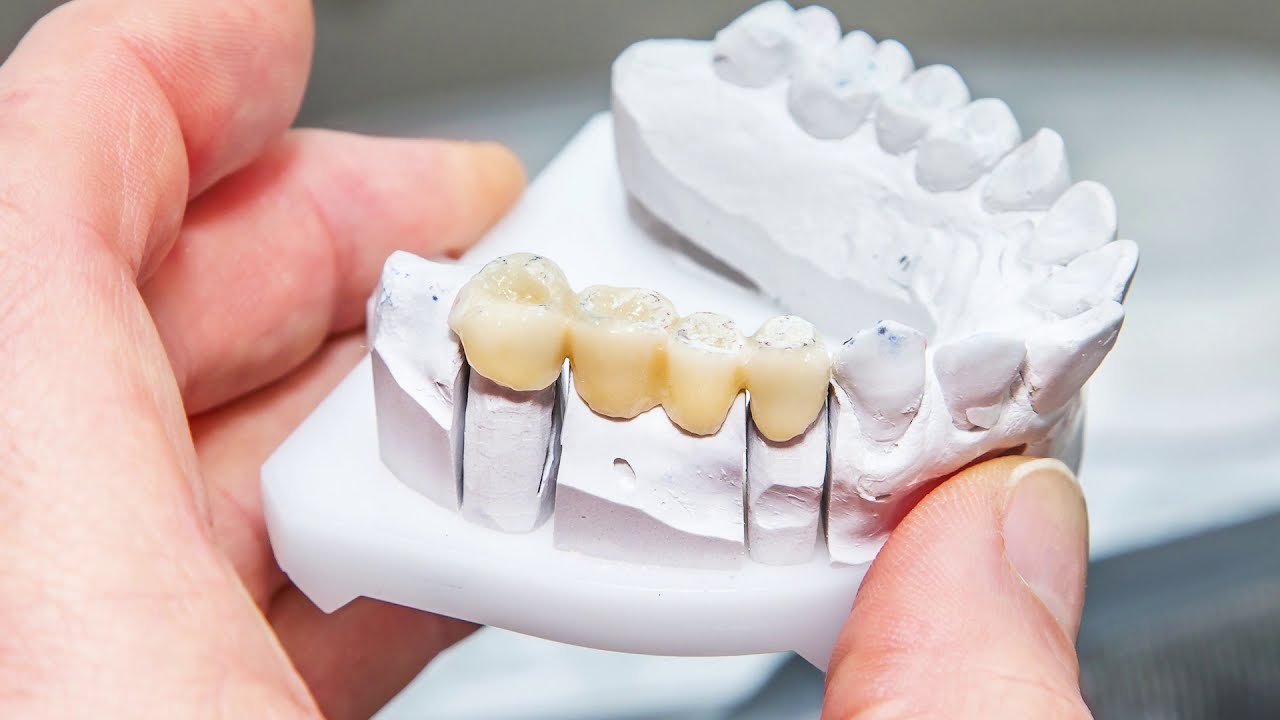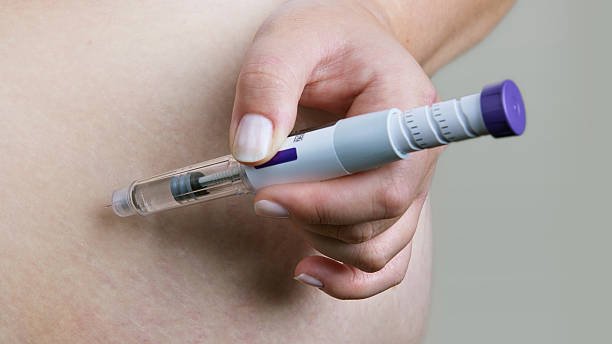Dental implants have revolutionized restorative dentistry by providing a permanent solution for missing teeth. They consist of a titanium post surgically inserted into the jawbone, functioning as an artificial root. This post serves as the foundation for a dental crown, bridge, or denture. The biocompatibility of titanium allows the implant to fuse with the bone in a process called osseointegration, which is crucial for the stability and long-term function of the implant. Unlike removable dentures, dental implants offer durability and mimic the natural function of teeth, making them a preferred choice for tooth replacement.
The Importance of Osseointegration:
The success of Dental implants in Dubai (زراعة الأسنان في دبي) heavily depends on osseointegration, the biological process by which the bone grows around the implant and anchors it in place. This process typically takes several months and is essential for providing the implant with strength and durability. Proper osseointegration ensures that the implant can withstand daily forces from chewing and biting without shifting or loosening. Factors such as bone density, the patient’s general health, and adherence to post-surgical care significantly influence the success of osseointegration. A well-integrated implant can last for decades and function almost identically to a natural tooth.
Role of Oral Hygiene in Implant Longevity:
Maintaining excellent oral hygiene is critical to the long-term success of dental implants. Even though the implant itself is resistant to decay, the surrounding gum tissues and bone are still susceptible to inflammation and infection. Peri-implantitis, a condition similar to gum disease, can develop around implants if plaque and bacteria accumulate. Regular brushing, flossing, and professional dental cleanings are essential to prevent this condition. Just like natural teeth, implants require consistent care to maintain their stability and functionality over time. Individuals who maintain a strict oral hygiene routine often enjoy long-lasting, complication-free implant outcomes.
Impact of Lifestyle and Habits:
Lifestyle choices and daily habits significantly impact the durability of dental implants. Smoking, for instance, is one of the most detrimental habits when it comes to implant success. It impairs healing, reduces blood flow to the gums, and increases the risk of infection. Similarly, excessive alcohol consumption, poor dietary choices, and inadequate hydration can negatively affect oral health and impede the body’s ability to maintain bone density and gum health. On the other hand, individuals who maintain a healthy lifestyle, avoid tobacco, and stay hydrated tend to experience better implant success rates and reduced risk of complications.
Bone Health and Structural Integrity:
The condition of the jawbone plays a pivotal role in determining whether an implant will succeed in the long run. Adequate bone density and volume are required to support the implant securely. When bone loss has occurred—often due to prolonged tooth absence, gum disease, or trauma—additional procedures such as bone grafting may be necessary to rebuild the bone before implant placement. Maintaining bone health post-implant is equally important. Stimulated by the implant during chewing, the jawbone continues to receive signals that prevent deterioration, thus preserving facial structure and supporting long-term oral health.
The Significance of Regular Dental Checkups:
Routine dental visits are essential for monitoring the condition of Dental implants in Dubai (زراعة الأسنان). Through regular checkups, dental professionals can detect early signs of potential problems such as gum inflammation, loosening of the implant, or wear of the prosthetic crown. Early intervention can prevent minor issues from developing into major complications. These visits also allow for professional cleaning, which helps maintain the health of the surrounding gum tissue and ensures the implant remains securely in place. Just as with natural teeth, preventive care plays a major role in ensuring that implants last as long as possible.
Long-Term Success and Patient Commitment:
The long-term success of dental implants is not solely dependent on the procedure itself, but rather on a combination of biological factors, patient lifestyle, and ongoing care. With proper maintenance, implants can last 20 years or more—often a lifetime. Patients must remain committed to oral hygiene, avoid damaging habits, and stay consistent with dental appointments. While implants provide a strong and natural-looking solution, their longevity ultimately lies in the patient’s hands. A well-cared-for implant not only restores function and aesthetics but also contributes to overall oral health and quality of life for years to come.
Conclusion:
The long-term success of dental implants is a multifaceted achievement that relies on proper biological integration, patient commitment to oral hygiene, healthy lifestyle choices, and regular professional care. When these factors align, dental implants can offer a durable, natural-looking solution that significantly improves both function and confidence. By understanding the importance of each element involved, individuals can maximize the lifespan of their implants and enjoy the benefits of a healthy, fully restored smile for many years.















Leave a Reply